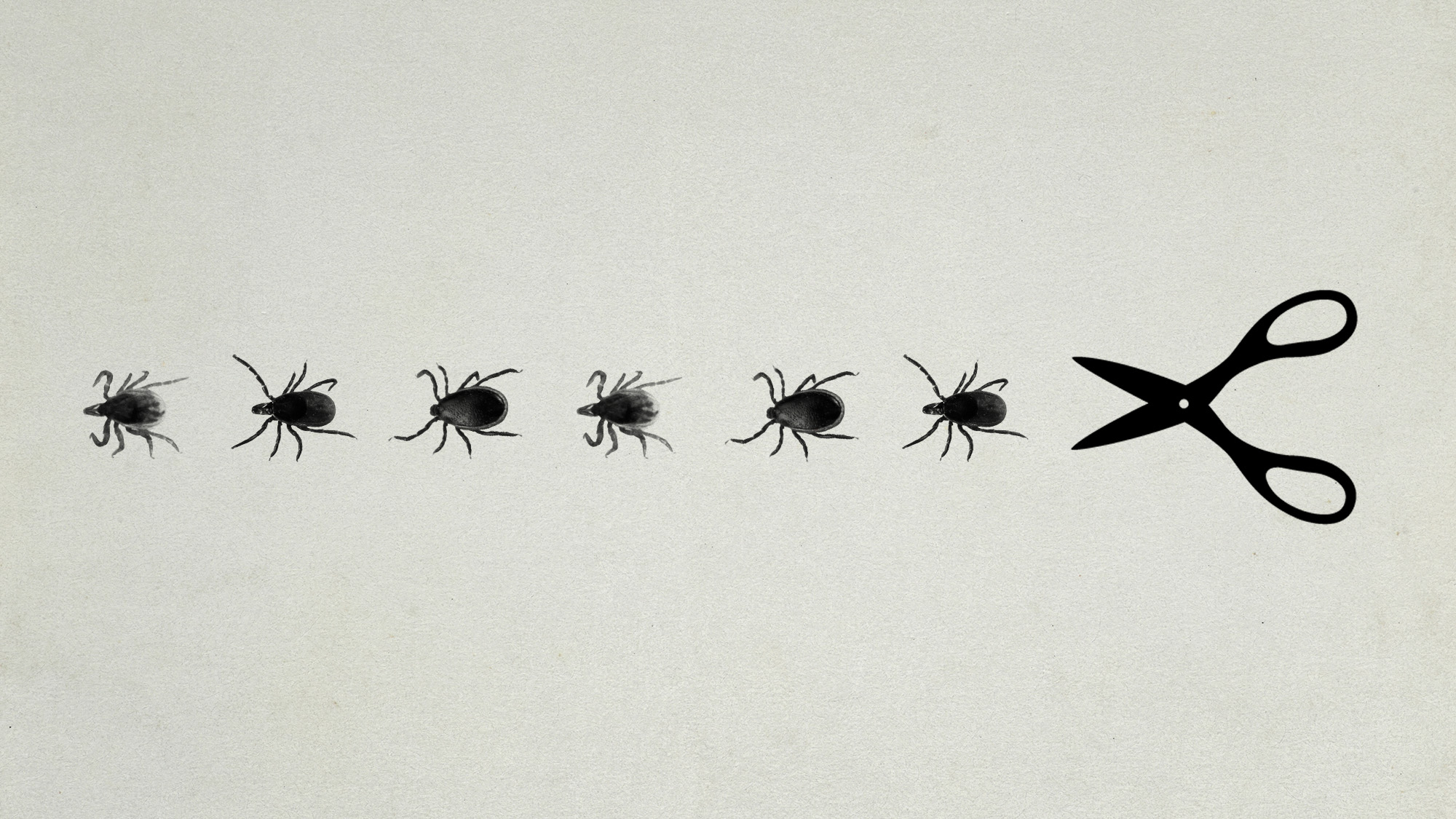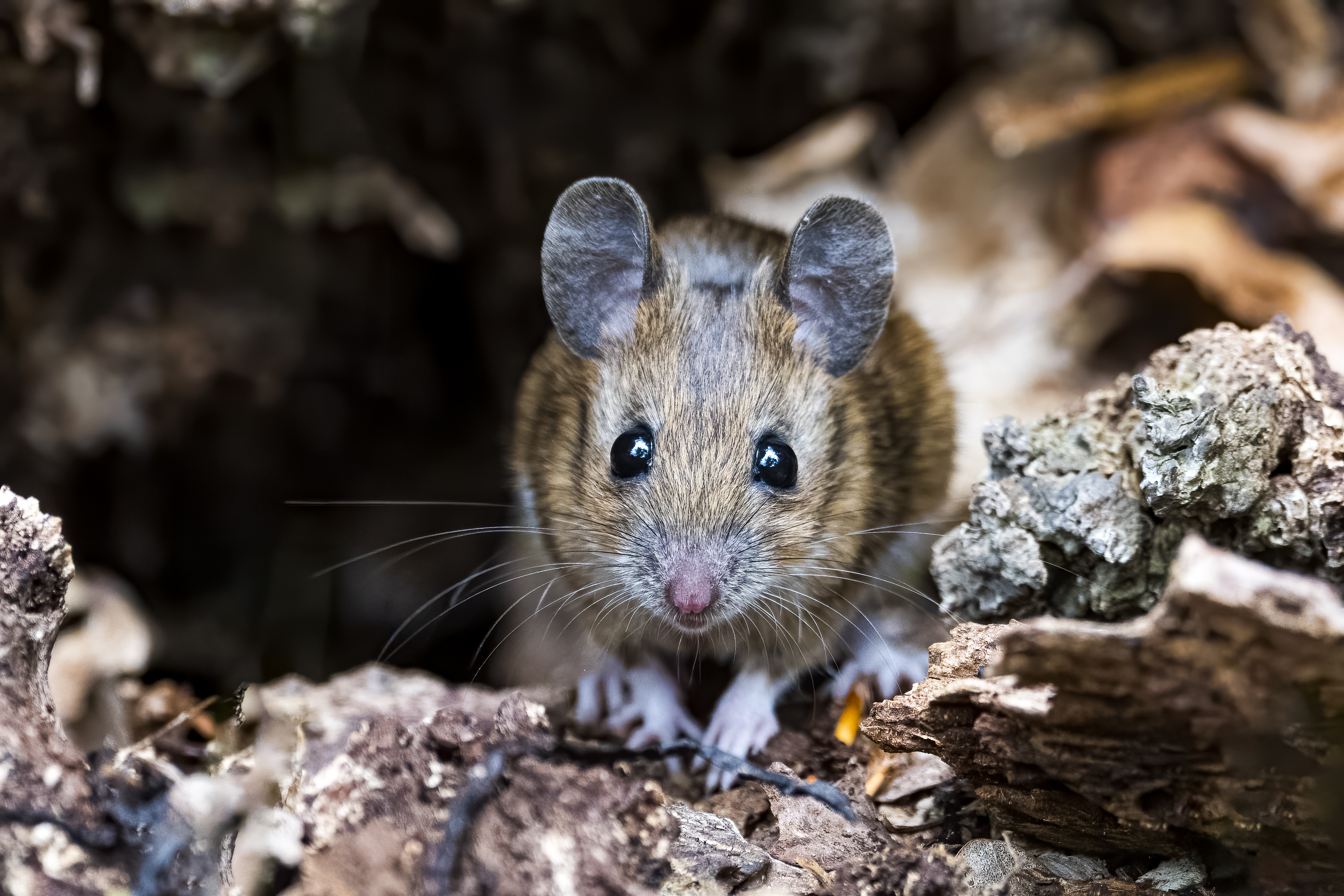US food safety officials close ‘kitten slaughterhouse’
Thousands of young cats were used for parasite testing in Maryland laboratory and then killed

A free daily email with the biggest news stories of the day – and the best features from TheWeek.com
You are now subscribed
Your newsletter sign-up was successful
The US government says it will stop killing kittens as part of its foodborne illness research programme, following intense public criticism.
For decades the US Department of Agriculture (USDA) conducted experiments that involved giving months-old kittens meat infected with toxoplasma gondii. The parasite, which is sometimes found in eggs, can cause toxoplasmosis, “a leading cause of death attributed to foodborne illness in the US,” according to the national Centers for Disease Control and Prevention (CDC).
Once tests were complete, the parasite-ridden kittens were euthanised.
The Week
Escape your echo chamber. Get the facts behind the news, plus analysis from multiple perspectives.

Sign up for The Week's Free Newsletters
From our morning news briefing to a weekly Good News Newsletter, get the best of The Week delivered directly to your inbox.
From our morning news briefing to a weekly Good News Newsletter, get the best of The Week delivered directly to your inbox.
More than 3,000 kittens have been put down since the $22m (£17m) programme was launched in 1982, campaigners the White Coat Waste Project (WCWP) told the BBC.
The Kitten in Traumatic Testing Ends Now Act – or KITTEN Act – which was announced last month, aims to find more humane alternatives to what it describes as “taxpayer-funded kitten slaughter”. The WCWP say the kittens should have been treated with antibiotics instead and adopted by families as pets, reports CBS Miami.
The USDA has announced that “toxoplasmosis research has been redirected and the use of cats as part of any research protocol in any ARS laboratory has been discontinued and will not be reinstated”.
The agency claims that no cats have been infected or euthanised since last September. It also says its employees are in the process of finding homes for the 14 cats who remain at its Maryland laboratory, none of whom have been infected by the parasite.
A free daily email with the biggest news stories of the day – and the best features from TheWeek.com
“We are continually assessing our research and priorities and aligning our resources to the problems of highest national priority,” said Dr Chavonda Jacobs-Young.
Lawmakers estimate that an average of $650,000 (£490,000) of taxpayer money has been spent by the USDA every year since 1970 in order to infect kittens with raw meat and later kill them.
US Senator Jeff Merkley, who co-authored the bill, has welcomed the news that the killing will cease.
“The USDA’s decision to slaughter kittens after they were used in research was an archaic practice and horrific treatment, and it’s past time to end it,” he said.
“It’s a good day for our four-legged friends in America.”
-
 What are the best investments for beginners?
What are the best investments for beginners?The Explainer Stocks and ETFs and bonds, oh my
-
 What to know before filing your own taxes for the first time
What to know before filing your own taxes for the first timethe explainer Tackle this financial milestone with confidence
-
 The biggest box office flops of the 21st century
The biggest box office flops of the 21st centuryin depth Unnecessary remakes and turgid, expensive CGI-fests highlight this list of these most notorious box-office losers
-
 Yes, you can be outside this summer and avoid ticks. These are the tips to know.
Yes, you can be outside this summer and avoid ticks. These are the tips to know.The Week Recommends Don't get ticked off
-
 Tall Tales: dogs pose at the Pet Gala
Tall Tales: dogs pose at the Pet GalaTall Tales The Week's round-up of the latest odd news
-
 The week's good news: Jan. 11, 2024
The week's good news: Jan. 11, 2024Feature It wasn't all bad!
-
 The pros and cons of getting a pet
The pros and cons of getting a petPros and Cons Cats and dogs offer health benefits but they are also a big commitment
-
 Sport on TV guide: Christmas 2022 and New Year listings
Sport on TV guide: Christmas 2022 and New Year listingsSpeed Read Enjoy a feast of sporting action with football, darts, rugby union, racing, NFL and NBA
-
 House of the Dragon: what to expect from the Game of Thrones prequel
House of the Dragon: what to expect from the Game of Thrones prequelSpeed Read Ten-part series, set 200 years before GoT, will show the incestuous decline of Targaryen
-
 One in 20 young Americans identify as trans or non-binary
One in 20 young Americans identify as trans or non-binarySpeed Read New research suggests that 44% of US adults know someone who is transgender
-
 The Turner Prize 2022: a ‘vintage’ shortlist?
The Turner Prize 2022: a ‘vintage’ shortlist?Speed Read All four artists look towards ‘growth, revival and reinvention’ in their work